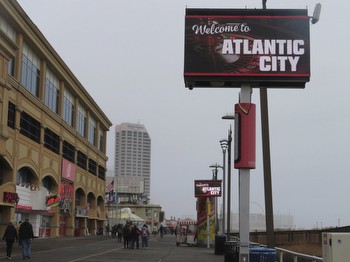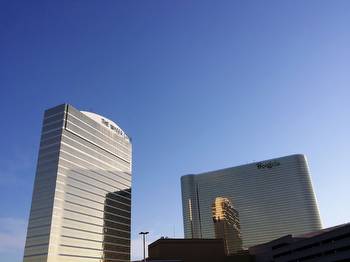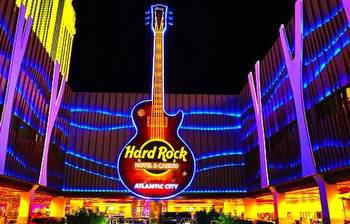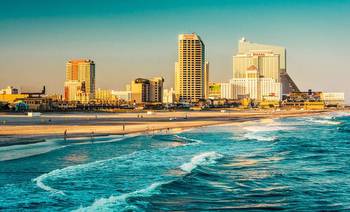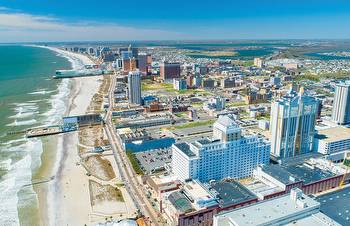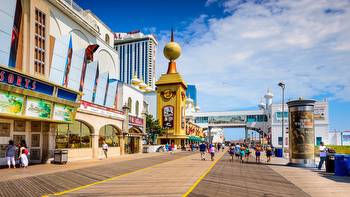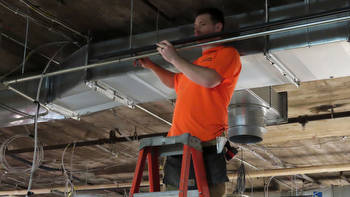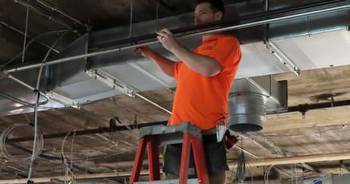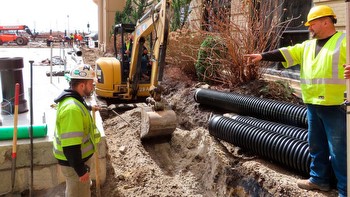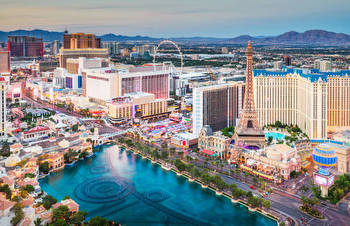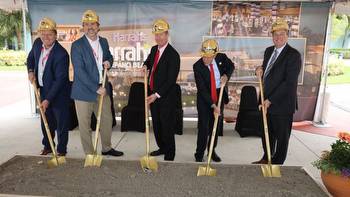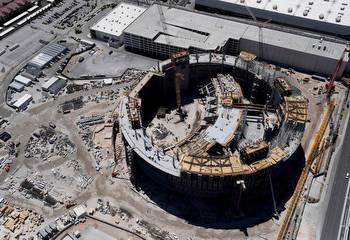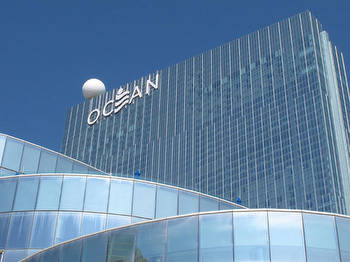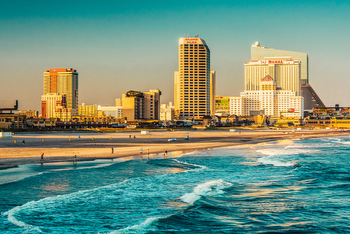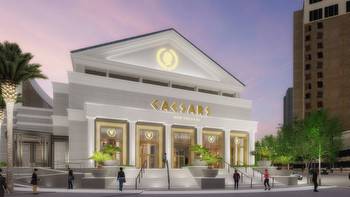Atlantic City casinos betting new investments will pay off

ATLANTIC CITY, N.J. — Atlantic City’s casinos are forging ahead with ambitious new projects in 2022, even as the coronavirus pandemic continues to make it harder to do business.
And noncasino projects involving family entertainment, education and the offshore wind industry will take flight in the new year.
But challenges lurk, as well.
In-person gambling revenue at seven of the nine casinos is down compared with 2019, before the pandemic hit. Sports betting and internet gambling revenue has filled some of the gap, but that money must be shared with third parties, including technology platforms and sports books, and is not solely for the casinos to keep.
A law passed signed by Gov. Phil Murphy in December gives the casinos some relief from big increases in payments they were due to pay to Atlantic City, Atlantic County and the schools system in lieu of property taxes.
A big unknown is how long and how seriously the COVID-19 pandemic, and particularly the fast-spreading omicron variant, will affect customers’ willingness to come out and gamble in person in 2022.
And a big challenge is right around the corner when New York begins allowing people to bet on phones or other mobile devices anywhere in the state, as soon as January but almost certainly in time for the Super Bowl in February.
Gambling industry executives and analysts expect New Jersey to lose at least 20 percent of its sports betting volume as New York residents who formerly had to cross over into New Jersey to bet will be able to do it at or close to home.
Mark Giannantonio, president of Resorts casino, said he is “tremendously optimistic for a great year” in 2022.
Starting in February, Resorts is renovating its rooftop pool, adding a retractable roof to enable it to be used year-round. Resorts also is investing $5 million into new table games and slot machines, remodeling its high-limit slots area, and creating a new VIP Asian-themed room.
The Ocean Casino Resort plans to begin a $75 million project in spring or summer to finish 12 floors of hotel rooms that were never completed when the casino first opened as Revel in 2012.
Caesars casino will start work in 2022 on a new theater and resident show due to open in the first quarter of 2023. The project will incorporate the facade of the former Warner Theatre from 1929, which is currently part of the casino’s exterior facing the Boardwalk.
Also planned for Caesars in 2022 is a new restaurant opened by a hospitality company involving actor Robert De Niro that also will renovate hotel rooms there. Caesars Entertainment is partnering with Nobu Hospitality for a project to be called Nobu Hotel Atlantic City.
Bally’s will unveil 750 renovated hotel rooms, a redone hotel lobby and bar, and an indoor-outdoor entertainment venue in 2022.
A $100 million indoor water park to be built next to the former Showboat casino, which now operates as a nongambling hotel, plans a ground breaking for early 2022.
Atlantic City will host a three-day country music concert on the beach in August headlined by Luke Bryan and Morgan Wallen.
Construction is to begin in 2022 on a new ShopRite supermarket in Atlantic City, designed to end the city’s status as a “food desert” without a major supermarket. The project should open in 2023.
Stockton University hopes to complete a new student residence hall in the city in 2022.
Atlantic City will play a big role in the burgeoning offshore wind energy industry. Atlantic Cape Community College plans to open a wind energy workforce training center on its city campus in the fall, and wind developer Orsted hopes to start work in 2022 on a maintenance and operations center in Atlantic City to support its offshore wind projects in the area.
And a plan that has gotten little attention outside of Atlantic City but which will affect most visitors to the city is due to begin in 2022.
The city plans to reduce Atlantic Avenue, one of its two main north-south thoroughfares, from two lanes in each direction to one lane in each direction, in the name of pedestrian safety.
But many residents and businesses oppose the plan, predicting that traffic that is already difficult to navigate under current conditions will become even worse with only one lane in each direction.








